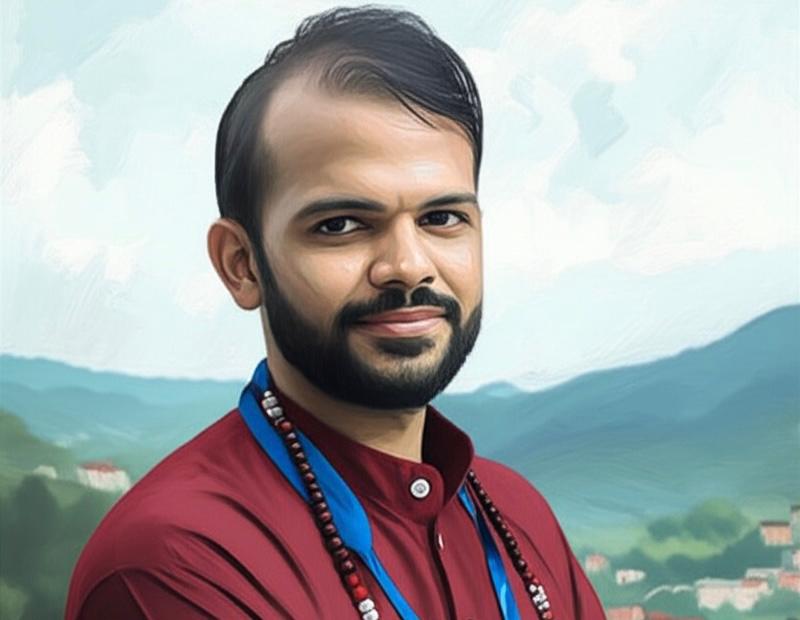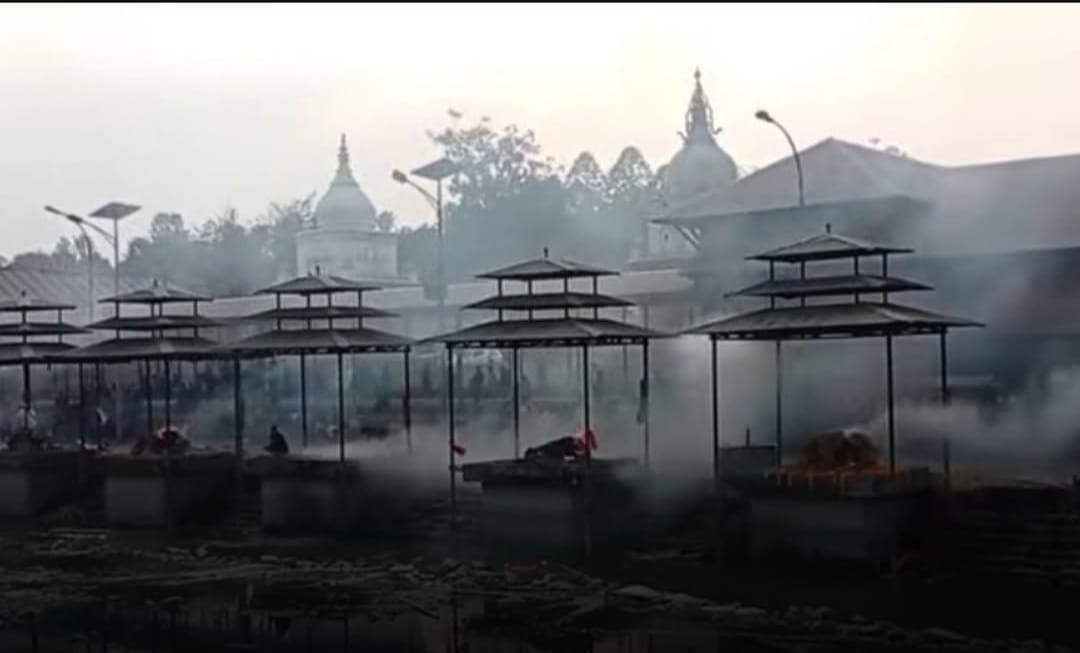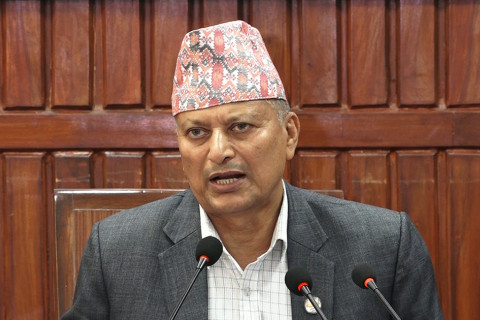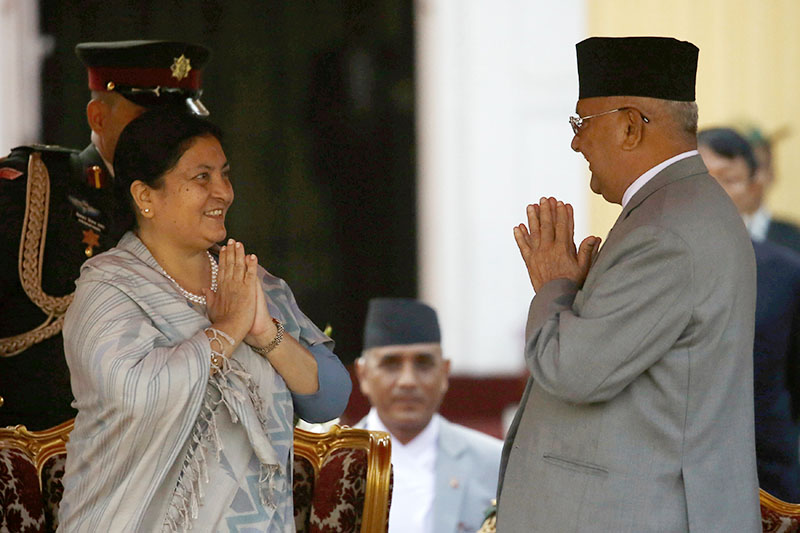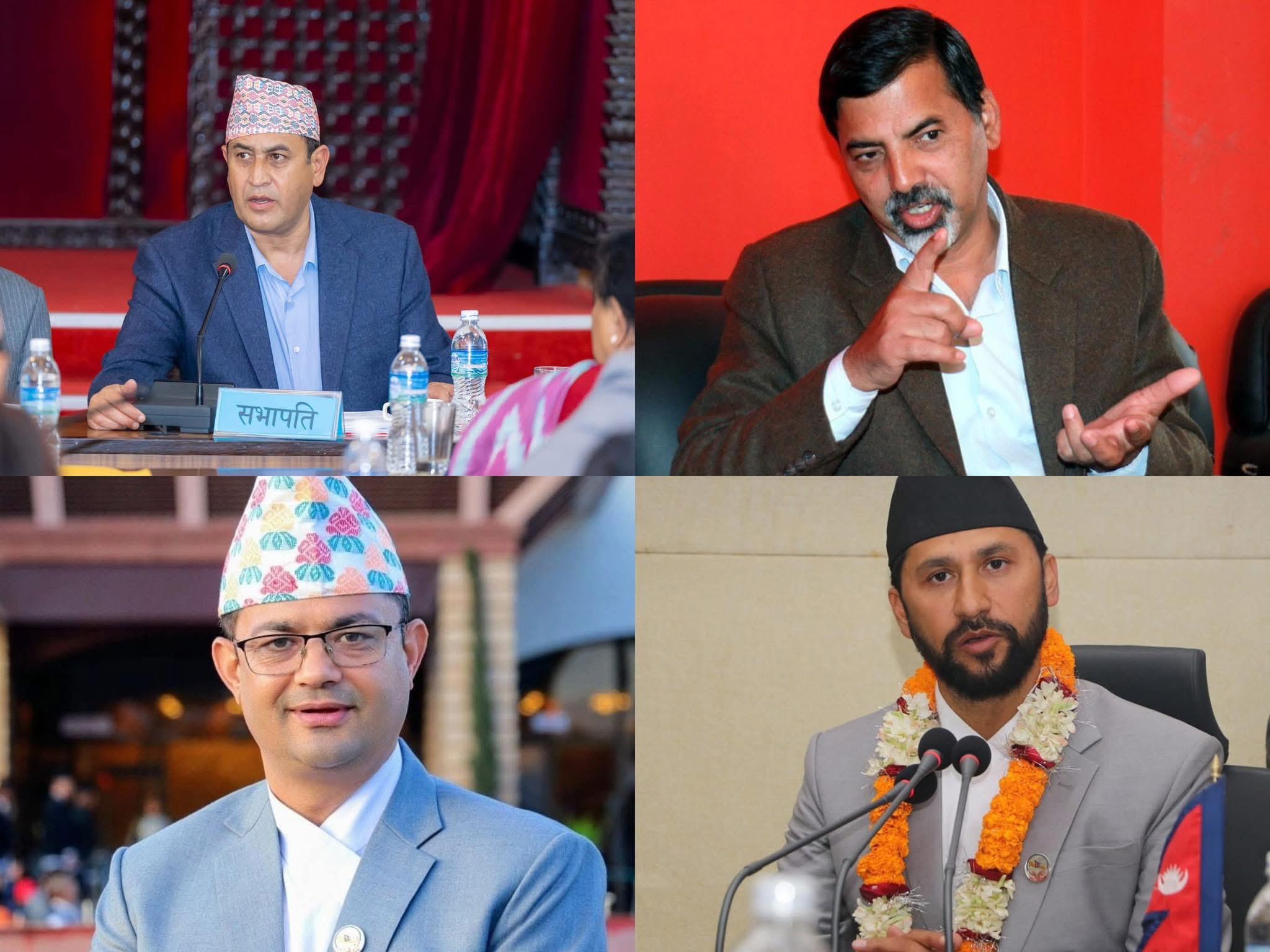A new wave is stirring in Nepal’s political landscape. A young, fiery voice is rising, ready to challenge the status quo. Sagar Dhakal, an independent youth leader, is making headlines again, this time with his sights set on the Rupandehi-3 by-election scheduled for November 3, 2025. Known for his bold challenge against veteran politician Sher Bahadur Deuba in Dadeldhura during the 2022 general elections, Dhakal is now channeling his energy into transforming Rupandehi-3, a constituency with nearly 90,000 voters. His message is clear: Nepal needs a fresh direction, and he’s ready to lead the charge.
Dhakal’s journey is anything but ordinary. After spending time abroad, he returned to Nepal a few months ago, determined to shake up the country’s political scene. His recent alignment with the Rastriya Swatantra Party (RSP), the fourth-largest party in Nepal’s parliament, has sparked buzz. On May 19, he made waves by appearing alongside RSP leader and MP Sumana Shrestha in a Facebook livestream from Singha Durbar, where he announced his intent to contest the upcoming by-election. Shrestha urged voters to rally behind him, signaling strong party support. Now, discussions are intensifying about Dhakal running under the RSP banner in Rupandehi-3.
In a recent emotional and bold Facebook post, Dhakal called for genuine political change. “Dear people of Rupandehi-3, this is not just your election—it is the nation’s election,” he wrote. “Be ready to speak for the country’s pain, tears, and voice. The Nepali people won’t just win this time—they’ll make a clean sweep, clean and clear, in Rupandehi-3.” His words resonate with a growing number of Nepalis frustrated by the slow pace of progress and entrenched political practices. Dhakal believes that securing over 62,000 votes in the constituency could ignite a movement, much like the electoral successes of Rabi Lamichhane in Chitwan and Balen Shah in Kathmandu, who both won as independent voices pushing for reform.
Rupandehi-3, covering parts of Butwal Sub-metropolitan City, Tilottama Municipality, Siddharthnagar Municipality, and several rural areas, is a key battleground. The seat became vacant after the passing of Rastriya Prajatantra Party (RPP) lawmaker Deepak Bohara on April 1, 2025. Bohara, a seasoned politician, had defeated Nepali Congress heavyweight Bal Krishna Khand in the 2022 general election. Now, with the by-election approaching, major parties are gearing up. The ruling CPN-UML has named Khimlal Bhattarai as its candidate, while the Nepali Congress and CPN (Maoist Center) are still finalizing their choices. Meanwhile, the RPP is considering fielding Bohara’s son, Gaurav Bohara, possibly as an independent to attract support from smaller parties.
Dhakal’s campaign is rooted in addressing local and national grievances. He has voiced frustration over the neglect of the Narayanghat-Butwal road, a critical artery connecting Rupandehi to other parts of Nepal. The road’s poor condition has long been a sore point for residents, causing delays and economic losses. Dhakal argues that such infrastructure failures reflect a broader lack of accountability in governance. He also highlighted the injustice faced by Kulman Ghising, the former head of the Nepal Electricity Authority, who was widely praised for ending load-shedding but faced political hurdles. Dhakal sees this as a symptom of a system that stifles competent leaders.
Another issue close to Dhakal’s heart is the growing political influence over Nepal’s judiciary. He believes that political interference undermines justice and erodes public trust in institutions. By raising these concerns, Dhakal is positioning himself as a champion of transparency and fairness, appealing to voters tired of corruption and favoritism. His vision is to create a political environment where merit and public welfare take center stage, not party loyalty or backroom deals.
The Rupandehi-3 by-election is more than a local contest—it’s a test of whether Nepal’s youth can reshape the country’s future. Dhakal’s campaign draws inspiration from figures like Lamichhane and Shah, who proved that voters are ready to back new faces with bold ideas. Lamichhane, leader of the RSP, won a landslide victory in Chitwan by promising to tackle corruption and inefficiency. Similarly, Balen Shah, Kathmandu’s mayor, captured the public’s imagination with his focus on practical solutions and accountability. Dhakal aims to replicate their success by mobilizing Rupandehi’s 90,000 voters, particularly the youth, who make up a significant portion of the electorate.
What sets Dhakal apart is his ability to connect with people on a personal level. His Facebook post was not just a political statement but a heartfelt plea for change. He speaks directly to the struggles of ordinary Nepalis—unemployment, poor infrastructure, and a lack of opportunities. By framing the by-election as “the nation’s election,” he’s tapping into a broader sentiment of disillusionment with traditional politics. His alignment with the RSP, a party known for its anti-establishment stance, further strengthens his appeal among those seeking an alternative to Nepal’s major parties.
As the November 3 by-election nears, the political atmosphere in Rupandehi-3 is heating up. The constituency’s diverse voter base, spanning urban centers like Butwal and rural areas near the Nepal-India border, presents both opportunities and challenges. Dhakal’s challenge is to convince voters that an independent-minded youth leader can deliver where established politicians have fallen short. His focus on issues like the Narayanghat-Butwal road, judicial independence, and support for figures like Kulman Ghising resonates with those who feel neglected by the system.
The by-election also highlights the evolving dynamics of Nepali politics. The rise of the RSP and figures like Dhakal signals a shift toward younger, more dynamic leadership. While traditional parties like the Nepali Congress and CPN-UML still hold significant sway, the success of outsiders like Lamichhane and Shah shows that voters are open to change. Dhakal’s campaign could be a turning point, not just for Rupandehi-3 but for Nepal as a whole.
With less than a month to go, all eyes are on Sagar Dhakal. Can he pull off an upset and spark the kind of transformation he envisions? His bold rhetoric and focus on reform have already struck a chord. Whether he can translate that into votes remains to be seen, but one thing is certain: Dhakal is not here to play by the old rules. He’s here to rewrite them.

